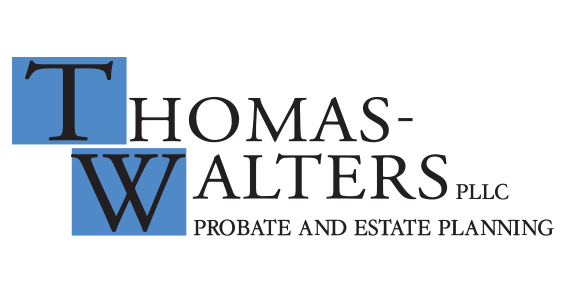We often get this question from many clients who think or have been told by financial advisors that they do not have to have any estate planning if they have TOD designations (Transfer On Death) on their bank and financial accounts. So let’s talk about the benefits and detriments of TODs.
The principal advantage of TOD designations is avoiding probate:
- Because you name a beneficiary for your Transfer on Death account (TOD), the account passes to the beneficiary at your death, without the need for probating your will with respect to that account. Your Will will still have to be filed with the Probate office.
- After you pass away, your beneficiary will simply bring a certified copy of your death certificate to the appropriate financial institution, show identification and fill out some simple forms. Once this is done, the funds in the account are transferred to your beneficiary.
The disadvantages of TOD designations vary depending on your goals or special family circumstances. While we can’t name them all here, some considerations include:
- First, if you do not have a will at all, you die intestate, regardless of whether you have TOD designations. In this case, the probate court will be in charge of probating your estate, appointing someone to be in charge, determining the heirs, making sure debts are paid, etc.
- Because a Transfer on Death Account (TOD) is a non-probate asset, it is not controlled by your will. Even if you intend for the beneficiary on that account to distribute it evenly to all children, they do not have any obligation to do that.
- If you update your estate plan to change beneficiaries, you'll need to do more than just change your will. You will need to fill out the appropriate change of beneficiary form for each of your transfer on death accounts.
- Assets that pass by TOD, are often not responsible for their portion of any estate taxes or administration expenses. If beneficiary A gets $200,000 via TOD and beneficiary B gets a $200,000 lake property via the will, B will have to pay all the funeral expenses, administration expenses and estate taxes.
- If all cash and financial accounts pass by TOD and the primary assets in the estate are illiquid assets such as a residence, real estate or business, there may be no funds to pay administration or ongoing carrying costs. The executor may need to seek funds from TOD beneficiaries who may be unwilling to contribute to pay expenses.
- If you do not do any estate planning, you may not have your disability documents in place in the event that you become incapacitated and need someone to access accounts before your death so that they can assist in managing your affairs, or even apply for needed benefits. A customized estate plan should include all Powers of Attorney (financial and health care) and a customized Health Care Directive to assist your family should you no longer be able to act on your behalf.
- AND….If you do have a Power of Attorney in place, your agent under a power of attorney may need to use assets to pay various expenses, including assets earmarked to pass TOD to certain beneficiaries. Use of one account over another may unwittingly, but unfairly, benefit certain beneficiaries to the detriment of others causing disputes that would have been avoided had the executor of a will or a trustee of a trust been able to access and control the assets.
- Additionally, TOD’s do not allow you to account for those special family circumstances if necessary. If you have the need to provide for a special needs child, or for children that may have financial or credit difficulties, substance abuse issues, for children or grandchildren who are minors, or for any other special family circumstances that may cause difficulties (divorce, the kids don’t get along, blended families), then TOD’s simply cannot account for those situations like a properly drafted Trust can.
Finally, TOD’s do not assist if you have any long term medical or nursing home concerns. TOD accounts are countable assets that will likely cause you to be ineligible for certain benefits in the event that a family member needs ongoing care.Transfer on Death Accounts may be effective on a selective basis or in smaller estates, but can often cause more problems than they are worth in many estate plans. Talk to an experienced estate planning attorney to help decide on the best estate plan for your family.
